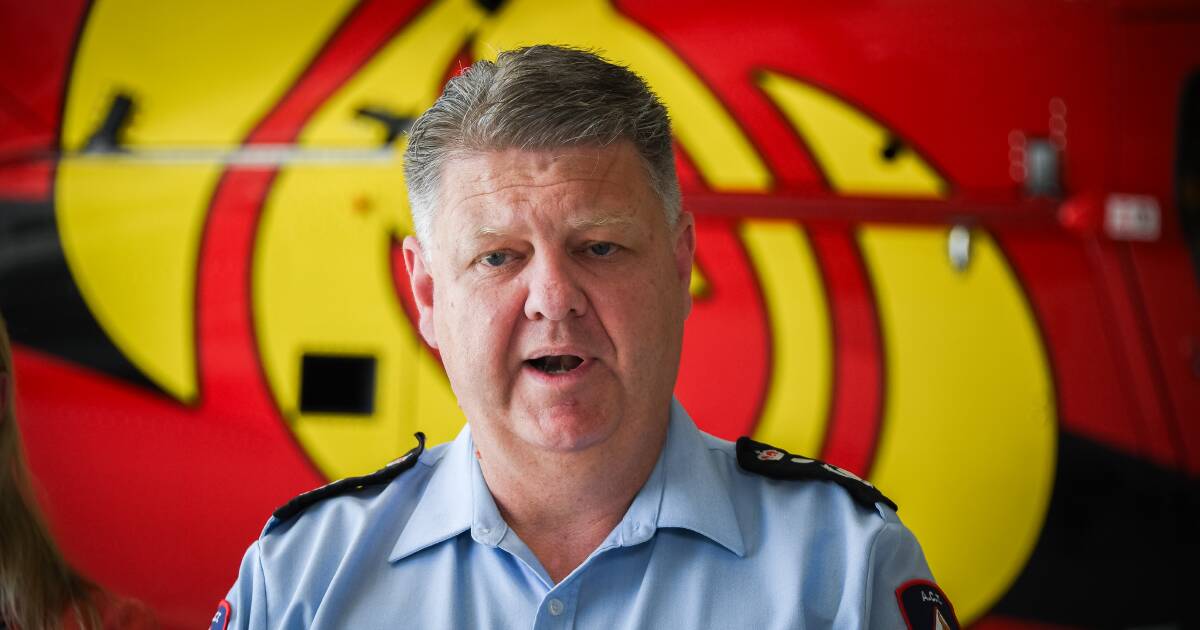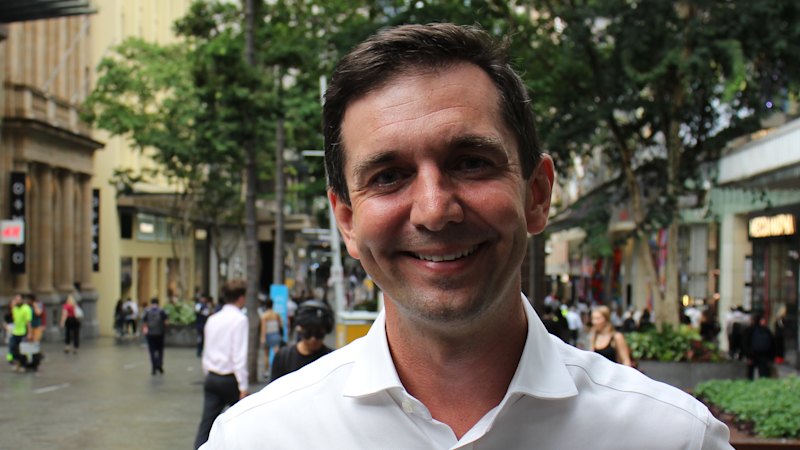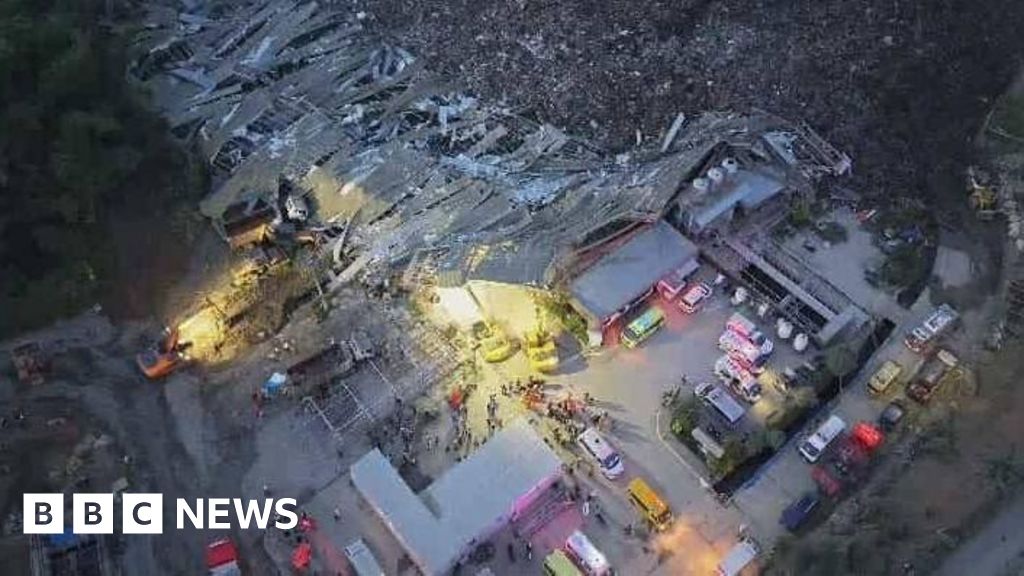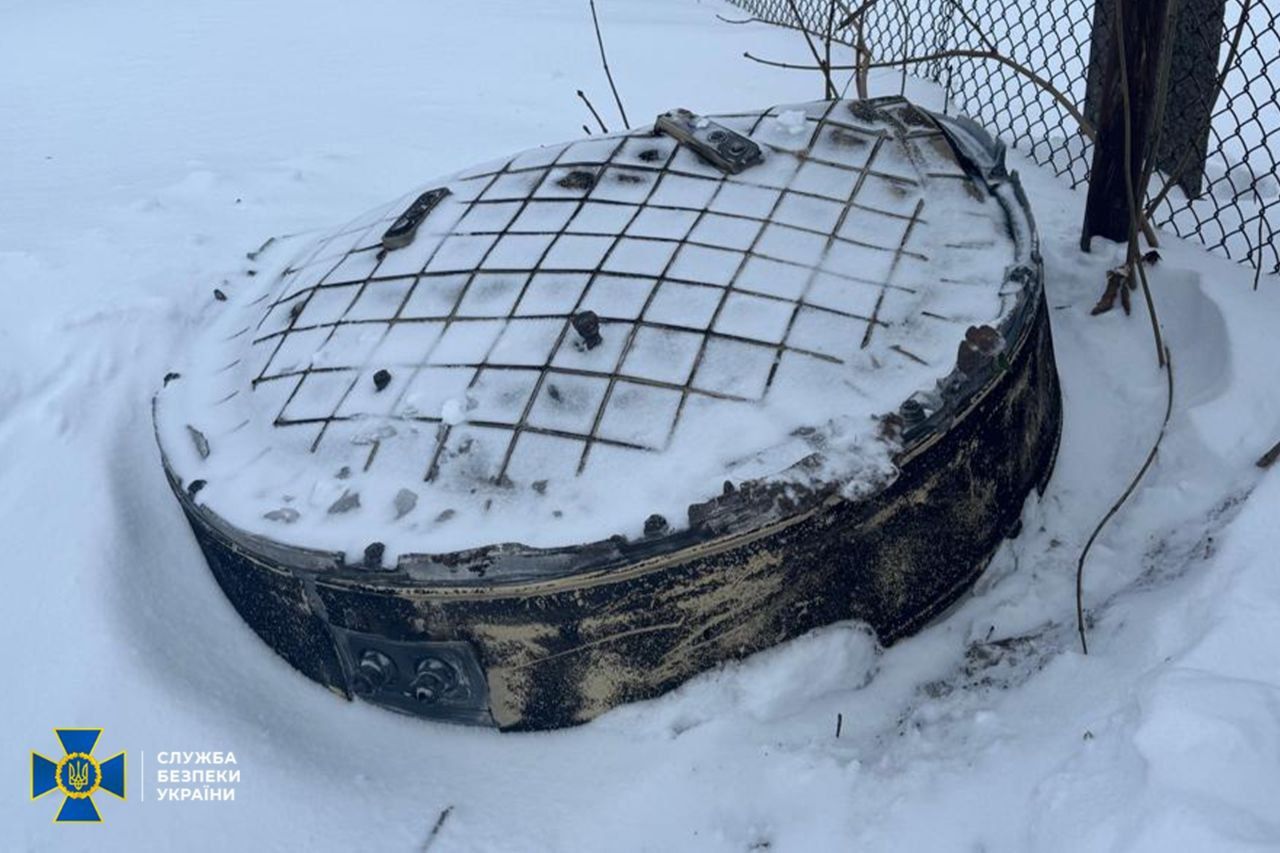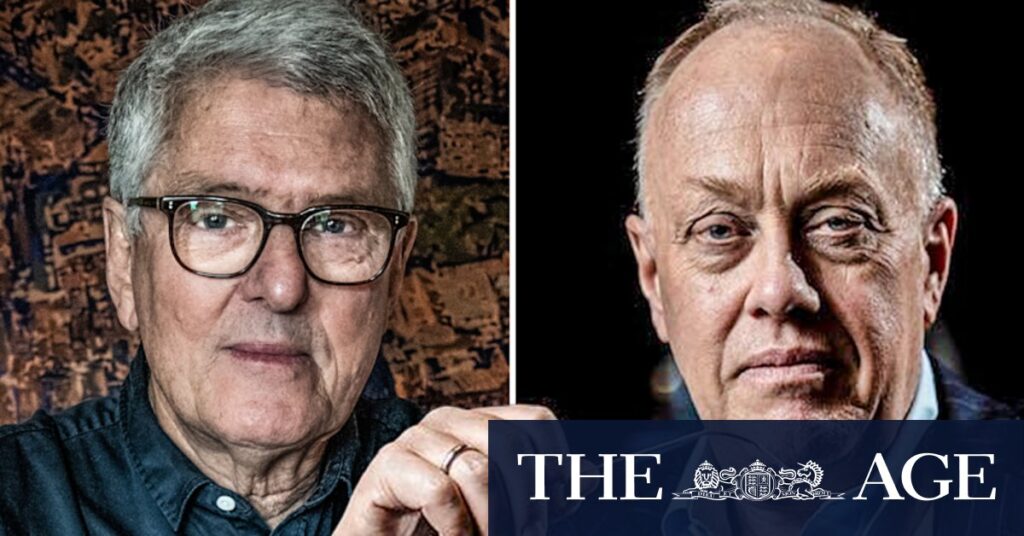
David Marr, a prominent figure in Australian journalism, found himself under intense scrutiny during an event in Sydney on Monday night. Pulitzer Prize-winning war correspondent Chris Hedges openly criticized Marr, labeling him a “piece of shit” during a speech at the NSW Teachers Federation conference center in Surry Hills.
Hedges, known for his critical stance on Israel’s actions in Gaza and the perceived shortcomings of Western media coverage, did not hold back. “Australia produces some of the greatest journalists of our era – Julian Assange, John Pilger,” he remarked. “But let’s be honest, they also produce some of the worst. Including the last half hour I spent being lynched by David Marr on ABC.”
Background of the Controversy
The contentious remarks by Hedges follow a heated interview with Marr on ABC’s Radio National. Marr, who is known for his willingness to engage with diverse perspectives, including those sympathetic to Palestinians, questioned Hedges about his journalistic integrity. Specifically, Marr inquired whether Hedges compromised his credibility by traveling to Australia as a guest of a Palestinian advocacy group to deliver the Edward Said Memorial Lecture in Adelaide.
The interview escalated when Marr challenged a blog post by Hedges, which suggested that the National Press Club invited the Israeli ambassador to speak in his place after withdrawing his invitation. The Press Club denied this claim, and the tension between the two journalists only grew from there.
Hedges’ Critique of Western Media
Hedges’ criticism extends beyond Marr to a broader indictment of Western media’s portrayal of the conflict in Gaza. He argues that media outlets disproportionately amplify the Israeli military’s narrative, often at odds with reports from Palestinian journalists on the ground. Marr, while acknowledging some media failings, described Hedges’ evidence as “really, really thin.”
“I was not for a moment defending Israel,” Marr stated. “I was questioning the really shoddy evidence he brought forward for a damning, wide-reaching critique of Western journalism.”
Hedges, still visibly agitated hours after the interview, reiterated his disdain for Marr during his Sydney speech, drawing applause from the audience. “He’s a real piece of shit,” Hedges declared. “And by the way, that’s what I told him when I left.”
Implications and Reactions
The exchange between Hedges and Marr highlights the ongoing debate about media bias and the challenges of reporting on complex international conflicts. Marr’s response to Hedges’ critique was characteristically sardonic. When asked by CBD about Hedges’ harsh assessment, Marr replied, “It’s elegant. I think he’s brought all of his considerable talents to bear on that judgment.”
While Marr conceded that some reporting on Gaza had been “terrible” and acknowledged the Israeli government’s attempts to suppress negative stories, he maintained that Hedges’ sweeping condemnation of global media outlets was exaggerated.
Future Prospects and Historical Context
This incident underscores the broader challenges journalists face when covering contentious issues like the Israeli-Palestinian conflict. The media’s role in shaping public perception and policy is under increasing scrutiny, with journalists like Hedges and Marr representing differing approaches to the craft.
As the debate over media bias continues, the exchange between Hedges and Marr serves as a reminder of the importance of rigorous evidence and balanced reporting. The incident also reflects historical tensions between journalists and the institutions they critique, echoing past controversies where media figures have clashed over ethical and factual standards.
Looking forward, the discourse surrounding media coverage of international conflicts is likely to persist, with journalists and media organizations striving to navigate the complexities of truth, bias, and influence in an increasingly polarized world.
